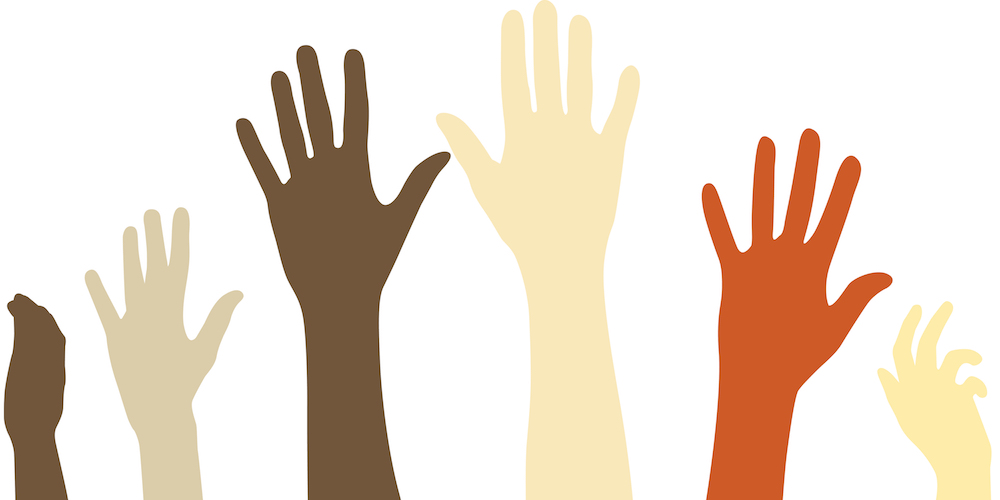Women are calling out men’s sexual misconduct and abuse of power with great effect. We are seeing a correction to how women are being treated, which is so positive and so necessary.
Yet somehow it leaves me feeling hollow. Why can’t we get the same traction when it comes to misconduct and the abuse of power directed toward black and brown people?
In the last decade, African American women created the #MeToo and #BlackLivesMatter movements as necessary responses to injustice. In the last year #MeToo gained visibility and energy from celebrity endorsement and was adopted as the moniker for a mainstream women’s movement. Now that it is mainstream, #MeToo is considered unifying and empowering. In contrast, #BlackLivesMatter has seen celebrity endorsement but also wide opposition, and been derided as a radical and divisive hate group. Why is it that #MeToo’s flame burns bright, while #BlackLivesMatter’s flame is to be extinguished? When African Americans organize against systemic racism, they are to be watched and controlled. When women organize against sexism, harassment and sexual abuse, they receive police escorts.
Such was the case at the 2017 women’s march in Chicago. The march was officially cancelled when about 200,00 more people than planned showed up, yet the crowd marched anyway. The police helped direct traffic; they did not don riot gear, lob tear gas or draw their guns.
I attended that march. There I saw a number of signs that decried the president, supported Hillary and spoke out for a variety of causes. There was just one, carried by a young woman, that pierced my consciousness. It contained a quote from Flavia Dzodan, a powerful Latina writer based in Amsterdam:
“My feminism will be intersectional or it will be bullsh*t.”
(Dzodan blogged that oft-quoted sentence several years ago. She was outraged at a sign carried by a woman at Slutwalk in New York City and the apologists who downplayed its insensitivity: “Woman is the n****** of the world.”)
I was so caught by the sign. I wondered—is intersectional feminism actually possible? And what would be possible for all people if feminism were intersectional? I still wonder, and I wonder if I will ever find out. It seems that the United States is at a tipping point for a number of social issues: women’s rights and anti-gun violence are focal points now. Will racial justice get its turn?
Two things give me hope. I have faith that young adults will lead in their own way, organizing against various forms of injustice as they are now organizing against gun violence. I believe their efforts will be intersectional, which is to say more “both/and” and less of the “either/or” that we seem accustomed to.
I also have hope for the Episcopal Church. In my small corner I am surrounded by and inspired by intersectional feminists. I am also encouraged that brilliant and committed people in the church are creating programs and building structures to support the long work of racial healing. Brilliant and committed people also stand squarely in support of women of all stripes, so there is good reason to hope.
I believe, however, that the best reason to hope is my belief in Jesus Christ who through the power of the resurrection makes all things new. Through Christ all things are possible.
Crystal Plummer is acting director of networking for the Episcopal Diocese of Chicago and a deputy to General Convention. She lives with her husband, Bruce, in Chicago, where she will run her first marathon this fall.


